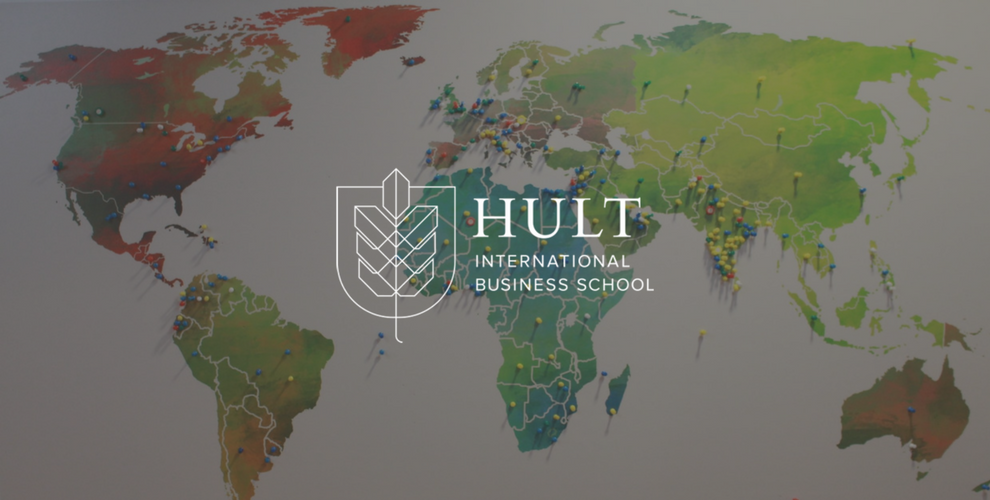Words like global, diverse, and international are not buzzwords at Hult, instead are weaved into every strategic element – from the design of the course to the classroom names.
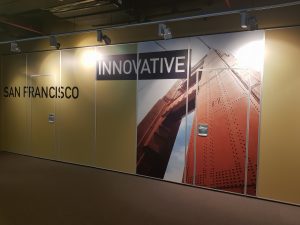
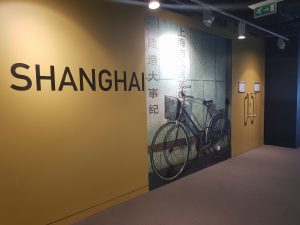
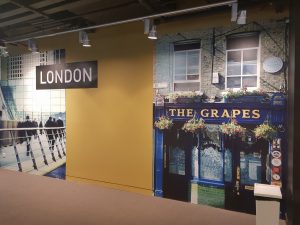
An international and independent study is at the forefront of all programs offered, and the Masters in International Business (MIB) embodies all the above specially.
We figured, we needed to dive into an international program, in order to really understand what international meant in the classroom. So we decided to poke around Hult and ask a few questions.
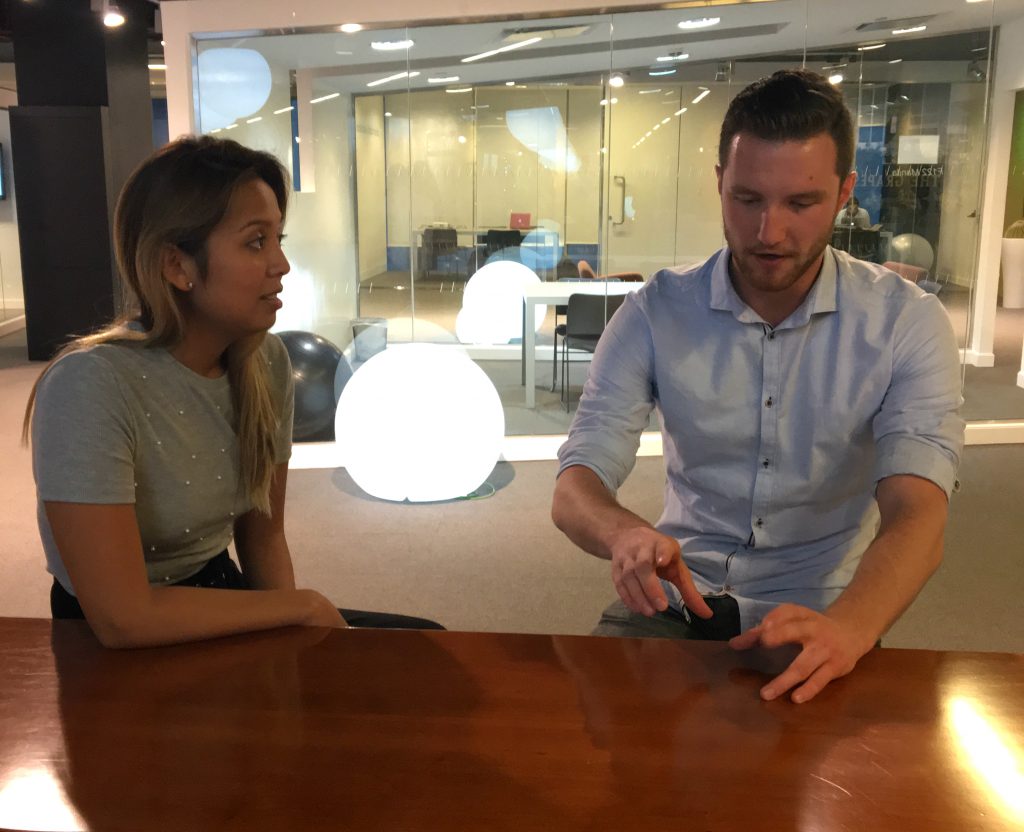
We casually crashed a meeting between Sayuri Lau and Simon Waechter, both of whom just happened to be pursuing a Masters in International Business and are Global Ambassadors at Hult, Dubai (I know, the coincidence…).
What made you decide to pursue a Masters degree at Hult?
Sayuri: I have a B.A. in Economics and a few years of work experience in Risk and Process Control in the financial sector, so as I had a lot of face-to-face time with clients, I found myself wanting more and more managerial knowledge. I needed to know how they were thinking and use that knowledge to propel myself further at the same time. I also found the banking sector too structured.
Being able to exercise flexibility as I moved up my career is important to me so when I came across the MIB program, I felt it would allow me to experience different departments and be flexible within a business. I wanted something that would help me plan the way I wanted to go and this seemed like it would!
Simon: I did my part-time undergrad in Germany and after four years of working, I wanted to expand my knowledge about business and study in English with a global perspective of the economy – and I wanted to do it my own way.
Learn to create your own Master’s degree
All MIB students start off in the same place: the first 3 weeks are spent on campus, focusing on the academic expectations and leadership. “They level us all on the playing field” and “set the ground rules of working together”, explained Sayuri and Simon.
In the weeks following, students are taught to practise teamwork and working independence, cross-cultural and interpersonal communication skills, and well-rounded research. Students get the flexibility to rotate to 6 global locations, focus on one of six specializations, or simply pick multiple electives in a wide range of subjects.
Get guidance from placement experts
The personal and career development departments provide strategic and practical support to students with 1-on-1 mentoring. Students get to tailor their education by essentially creating their own masters program and hitting the right balance of priorities between what they want and what would make them globally employable.
International placement experts help student get the best practical experience outside the classroom through partnerships with MNCs and companies like Oliv, LinkedIn etc., while being able to experiment with internships and prove themselves to employers.
Strike all the theoretical, skills & communication balances
Sayuri: The reason I chose Hult is for a Western education that offered international exposure. I was completely sold during my interview. The Hult team explained they were looking for candidates who would be passionate about mixing hard and soft skills, local and global theory, and cross-cultural teamwork. And this caught my attention because it’s exactly what I wanted coming from a very structured environment. They wanted me to be able to innovate, develop leadership skills, and be entrepreneurial all together. It was the balance I was looking for.
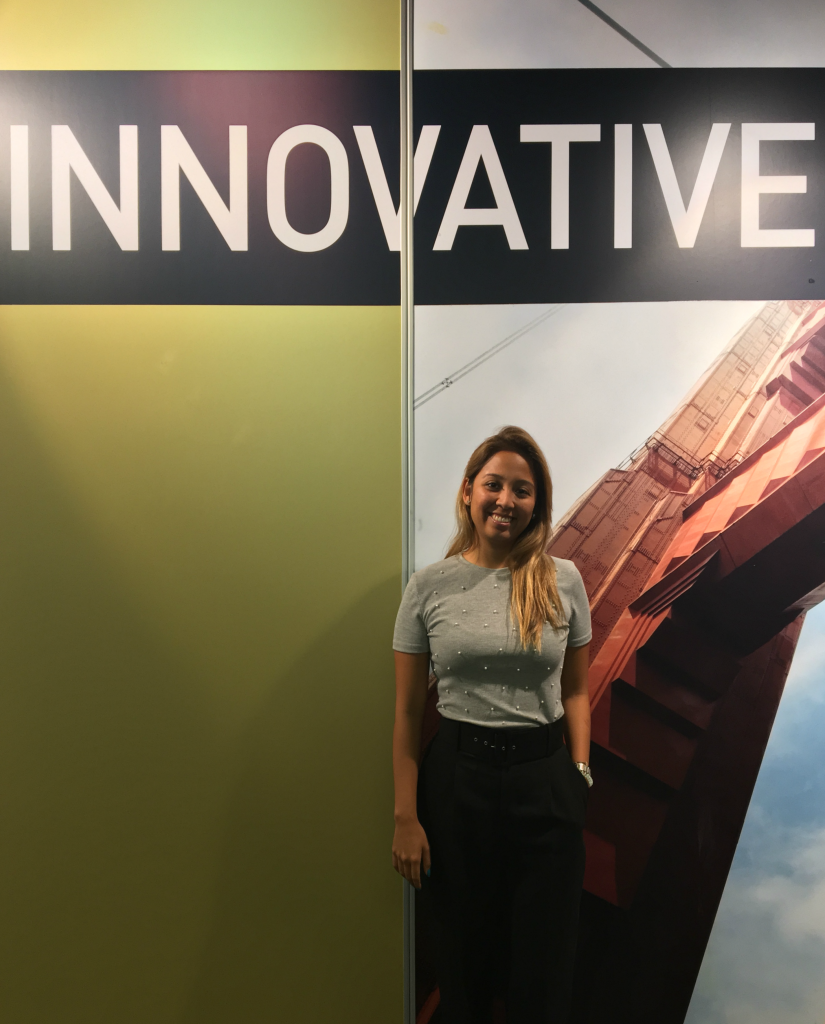
I did my undergrad in Boston and it’s pretty international – but here you get REALLY international! Being in Dubai helps us understand the different cultural competencies and how to deploy them to our advantage.
Simon: The MIB program gives you the chance to network in the most budding economies (Dubai, Shanghai etc.), whilst ensuring a western quality of education. This is very different to other universities – because semesters abroad are often difficult to coordinate – but the seamless experience at Hult gives you the best of both worlds.
Students can study at one of four locations, which becomes their home campus, and rotate to two additional locations as they move through the program.
Connect locally, build internationally
With the option to immerse in up to three of the following cities: San Francisco, Boston, London, Dubai, Shanghai, and New York, student get to apply theory in and around the world. This year, the Hult cohort represents students from an incredible 186 countries out of the 193 in the world.
Simon: Hult claims diversity as one of their strongest points – and not without reason, we have 44 nationalities in just our class!
With the level of teamwork required in the program, you really get pushed to work together with different people and using their working styles. You learn how to look at a thing from multiple perspectives.. I’m not exaggerating – In the first two modules I worked in teams with people from Saudi Arabia, Egypt, Ghana, Mexico, France, Bulgaria and India.
Students are able to create a professional network everywhere they go. Every city they rotate to expands their global network and they learn how to utilize and communicate with everyone they meet – which means the next contact, investor, business venture could come from anywhere around the world!
Understand Expectation vs. Reality
Simon: I was expecting there to be a lot more theory in the entire program. For example, when I started my economics module, I was sure it would be an extremely theoretical course. But the reality was that it was really engrained in practical application. The course covers megatrends like blockchain and AI, or the infrastructure of megacities. This enables you to look at the trends and their implications for business and economy totally different and see the opportunities instead of the problems.
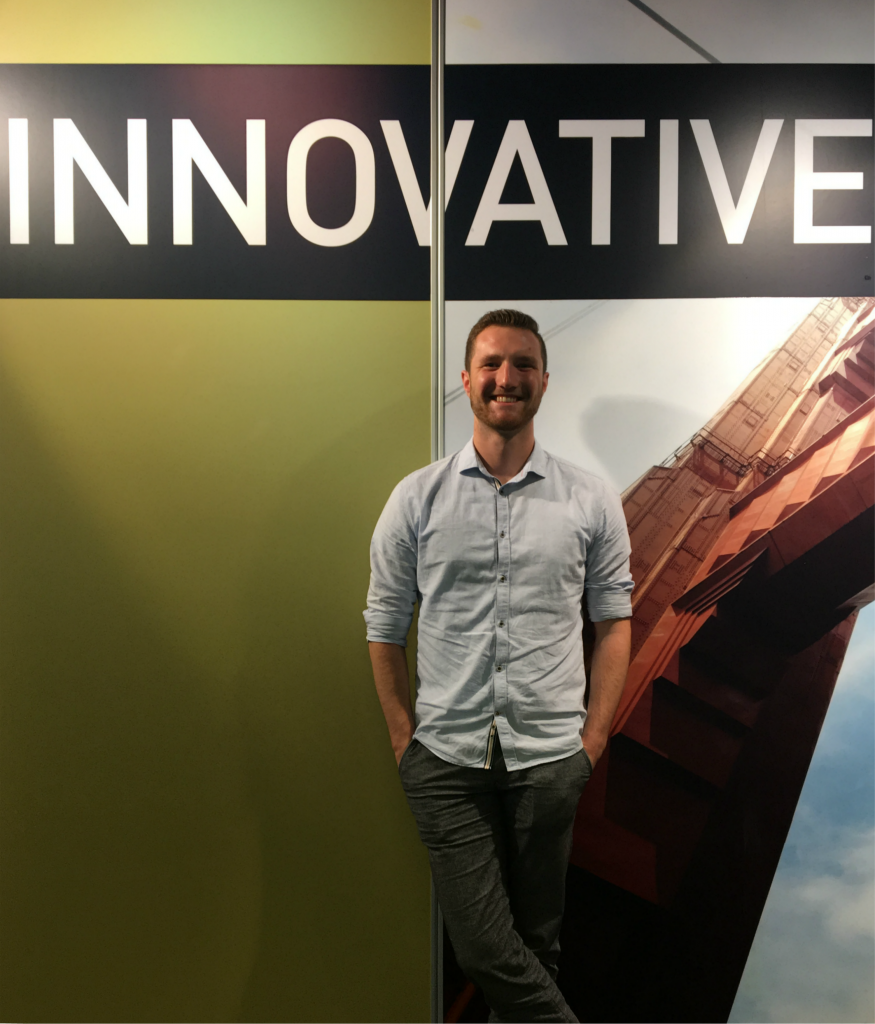
Sayuri: I was just expecting it to be exactly like my undergraduate study, but with a lot more readings and homework.
So, I was definitely right about the readings. If you thought undergrad readings were excessive… ! But jokes aside, it’s nothing like it. This program has been a lot more managerial so far. You don’t get the answers, you get the tools that you need to find the right answers. Even the readings explain application as opposed to theory, and you need to have soaked all that information in before you get to class – there’s no going over readings in class. You have to be prepared and take ownership of your own learning.
A Hult education carries an air of independence that is reflected in each one of the programs offered, whether it’s the MBA or the MIB. It’s that focus on independence and push for autonomy that makes students carve their own academic path and take themselves from London to Shanghai, or Dubai to New York.
